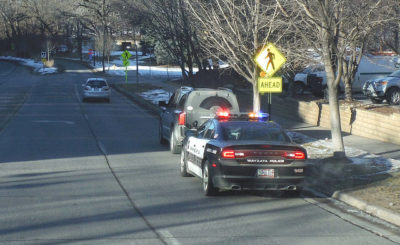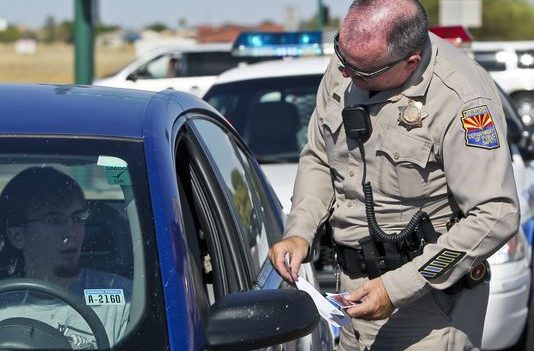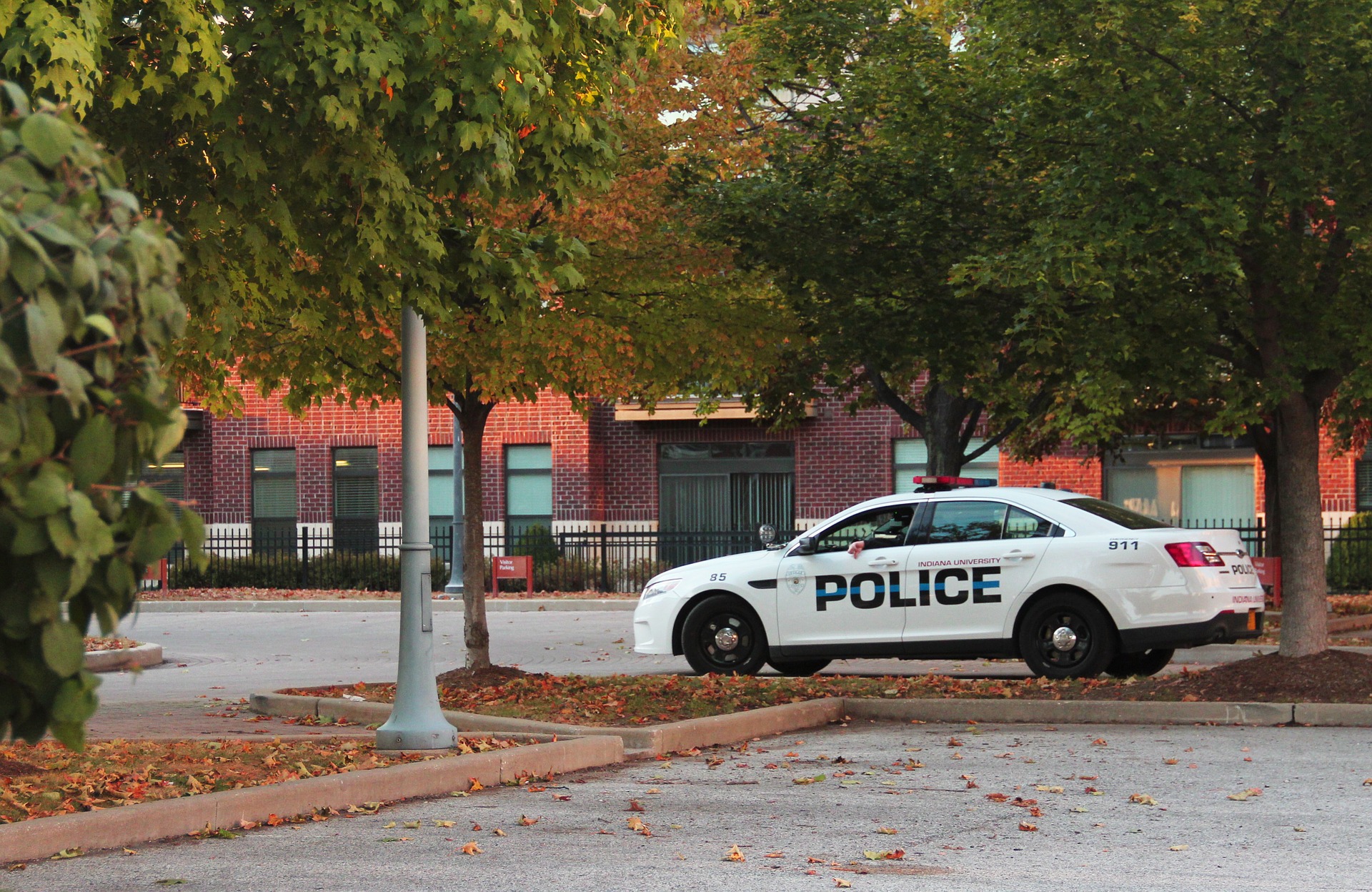“TRAFFIC TICKET MYTH #1”: Just do whatever cops say
We highly advise that you comply with a majority of police officer requests, such as license, registration, or if they ask you to step out of the vehicle or to show your hands. However, if the officer tries to use your traffic violation to investigate further, possibly, criminal charges, be prepared to exercise your rights during the police stop. A citizen can always deny demands to search under the 4th Amendment.
“TRAFFIC TICKET MYTH #2”: Hey Man I heard On TV We Shouldn’t Sign That Ticket
This is terrible advice. Signing DOES NOT = guilt. It is simply a confirmation that you received a notice that you are being ticketed. You can also not attempt to pull one over on the judge and claim that since you refused to sign the ticket you never received it. Rather, if you happen to not sign the ticket, the confrontation will likely escalate leading to the police finding cause to search your vehicle and perhaps even taking you to jail.
“TRAFFIC TICKET MYTH #3”: The PoPo Don’t Ever Attend Their Own Hearings.
We have no idea where you heard that, but it couldn’t be farther from the truth. It is true they do not show up all the time, but never bank on that. Most precincts award officers overtime pay for testifying in court as part of their job as a police officer. Thus, if you contest your ticket you should expect the police officer to be present.
“TRAFFIC TICKET MYTH #4”: Tickets don’t transfer to other Jurisdictions, if you plan on moving somewhere else forget about it.
Umm….No. Ever heard of the Full Faith & Credit Clause? Simply moving or never showing up in the state ever again where you got the original ticket will not save you from paying for the ticket. The Driver License Compact Act, is an agreement between 46 states that holds any drivers from any of those states no matter where they are to be held accountable for their tickets in other states. The act will not allow a driver to hide out in another state to avoid tickets. So if you got a traffic ticket in the State of Lincoln as a Lincoln resident and ran to the state of Franklin to hide and they happened to get pulled over in Franklin. Driver records from Lincoln will appear, and the Lincoln DMV will be notified of your infraction in Franklin as well.
“TRAFFIC TICKET MYTH #5”: Do police have to read you Miranda Rights?
Generally no. The only time an officer must read a person his or her Miranda rights is when: (1) they are placing an individual under arrest, AND (2) the officer is detaining the person to investigate a crime. For example, if an individual is placed under arrest after consenting to a search request and confessing to ownership of found illegal items, police don’t have to read your Miranda Rights unless they desire to question you about an unrelated crime. Don’t rely on the officer to read you these rights, rather inform them you are going to remain silent or that you request a lawyer, and stick to it.
Avoid Getting A Traffic Ticket Outright!





